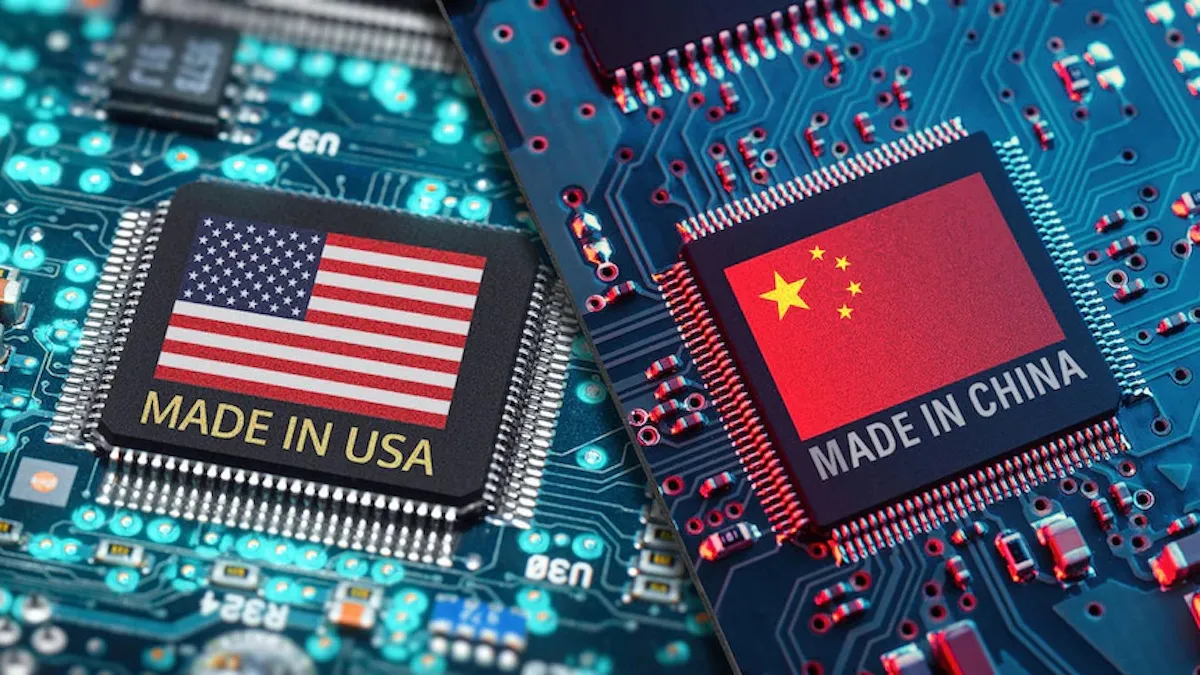The United States is considering increasing limits on AI chip shipment to China in response to growing worries about the use of advanced semiconductors for military modernization.
According to the Wall Street Journal, the US Department of Commerce may block shipments of chips from manufacturers such as Nvidia to clients in China as early as next month.
The current measure is part of the United States’ broader policy to hinder China’s advancement in artificial intelligence, particularly in the military realm. These policies, however, are having a negative impact on the commercial AI sector in China, where many enterprises operate with teams that span both the United States and China.
This is an update to the September export limitations, which restricted the sale of Nvidia’s cutting-edge A100 and H100 chips, built for high-performance computing, to China. As a solution to the export restrictions, Nvidia developed the A800, a less powerful AI chip. According to the WSJ, this chip may now be subject to further limitations, such as requiring an export license before exporting to China.
Also, see:
TikTok’s Family Pairing tool gives parents personalized control over content their teens can see
WhatsApp Business surpasses 200 million MAUs and introduces personalized messaging feature
Nvidia however did not respond or comment on the report.
Currently, large language models such as GPT-4 have continued to drive up the demand for computational power, and tech firms in China have been stockpiling Nvidia’s AI chips in anticipation. According to Chinese news outlet LatePost, ByteDance has ordered more than $1 billion in GPUs from Nvidia this year.
According to Reuters, the banned A100 is being sold on the black market in China for up to $20,000 per piece, which is double the regular price.
According to the WSJ, the US government is also considering restricting cloud service leasing to Chinese AI firms. This would be a setback for Chinese enterprises that use such partnerships to get around chip prohibitions. However, the wide definition of “AI companies” may cause collateral damage to a large number of Chinese technology companies caught in the crossfire of the continuing chip war.
As Western governments become more suspicious of Chinese services, Chinese enterprises frequently select American cloud providers over local possibilities like Alibaba or Tencent in their global expansion. Limiting access to US cloud services may make it impossible for Chinese companies to comply with local data storage rules, complicating their expansion plans even further.



















